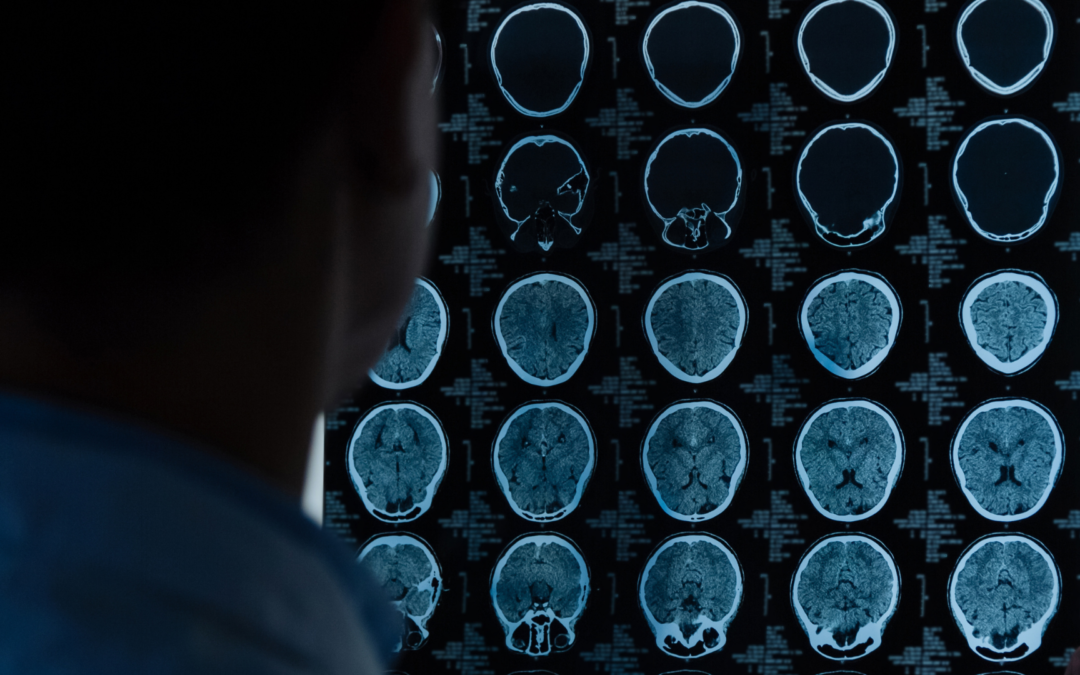The Importance of Rehab Post Stroke
Although this does not represent the majority of clients we see at MD Health, we do occasionally work with clients who have previously had a stroke. Unfortunately, this kind of issue is not like a minor calf tear, which generally recovers after a predictable 6 weeks if managed well. Stroke rehabilitation can be lengthy and is very variable. It is dependent on both the area of the brain effected and the degree of damage caused by the stroke.
However, there are some basic fundamentals that we consider when designing a program that works specifically if you have had a stroke.
Look at the body head to toe with a Full Body Assessment, as a starting point
Just like anyone we look after at MD Health, the first thing we have to know is your strengths and weaknesses. In particular, the activation and control of the muscles that may have been affected by the stroke. Muscle strength and patterning post stroke needs to be re-trained which takes time and practice, practice, practice!
Looking at the joints is also extremely important. As the muscle function changes with a stroke, the joints are often not moved through their usual range. Or, as often or in the same way as before. This means they can become stiff and change the way they move. Making these findings and addressing this as part of a program is extremely important. We aim to restore your muscle and joint function to your best abilities.
Finally, having a stroke doesn’t stop you from having other joints issues. As with everyone else, knee arthritis or a disc bulge in the lower back can be present. These issues need to be discovered and incorporated into a rehabilitation program. Incorporating this will lead to achieving a good result.
It is important to look at your functional movements
The most debilitating aspect of a stroke is the inability to do your usual tasks, that most people take for granted. These can include, standing from a chair, turning a corner without falling down or getting out of bed. Along with specific muscle strengthening, identified from a Full Body Assessment, these functions need to be directly trained. The best way to improve your ability at doing a task is to practice that task, again and again. With the appropriate amount of support to challenge you, but whilst still achieving a goal. For example, if you can’t stand up from a regular chair, we would start with a raised chair. We would support you through both your arms until you can slowly perform the activity. When you get better, we slowly take support away. We would find the balance between making the training challenging, but not impossible to achieve. This balancing act is the key to improving your function through rehabilitation.
Finally, improvement after a stroke takes time, in an unpredictable way
Unfortunately, no one knows exactly how much time you will need to recover from your stroke. We just have to work with what you can do and try to help you function better. This does not mean that there is no point in rehabilitation. If you do the work, you will improve. The speed, amount and degree of improvement is different for everyone. So, stay patient and keep doing the work!
Finally, working muscles that are affected by damage to the nerves is MORE fatiguing than muscle training in general. This is normal. We often find that during a session, we will be doing an exercise and you are fine, than suddenly you are tired and need to rest. This happens without warning and NOT in a progressive fashion, it just happens. This is why patience is so important. This is part of the process and needs to be understood.
We have seen great results and we have seen poor results after a stroke. Some we had control over and others we did not. However, you always have a choice. If you do the work, you give yourself the best chance to live the best life you can, despite your stroke.
Do you have any questions?
Call us on (03) 9857 0644 or (07) 3505 1494 (Paddington)
Email us at admin@mdhealth.com.au
Check out our other blog posts here
Our clinical staff would be happy to have chat if you have any questions.



